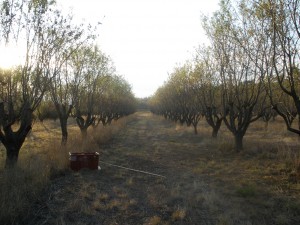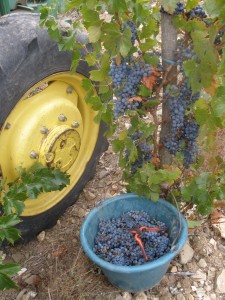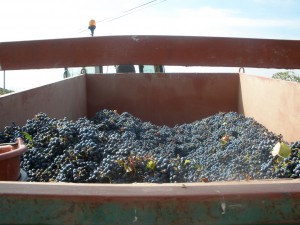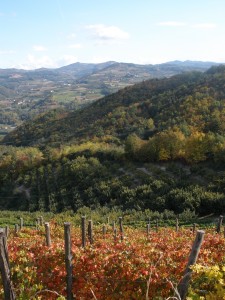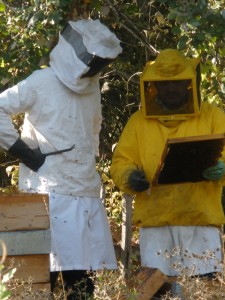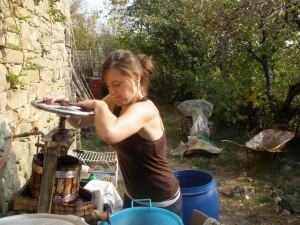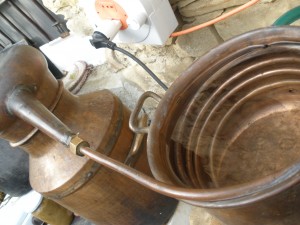A few years back, I went to Europe to volunteer on organic farms. I worked on farms in Italy and France, through the WWOOF (World Wide Opportunities on Organic Farms) program. It was my first real taste of farm work. I’d spent lots of time in the garden before then, but had never been a part of any kind of commercial food production system. I was 17, and so excited to try something new.
I would recommend WWOOFing to anyone who wants to go abroad, learn about organic farms, and not spend a ton of money doing it. The WWOOF program is designed to help connect farmers who need a few helping hands with workers from around the world who wish to learn more about organic farming. In exchange for their labour, WWOOFers get a place to stay and their meals taken care of by the farmers, and they get to experience life on an organic farm. The WWOOF program has national chapters all over the world, and memberships are really cheap. Once you buy a membership, you can scroll through lists of farmers in the country you have chosen, and then contact farms that sound interesting to you. We ended up contacting several farms, and arranged to go stay on three..one in the south of France, and two in Italy.
The first farm we stayed at was quite disappointing, and not a very good experience over all. The farmers were looking for free labour, and were not interested in teaching us about the farm at all. We stayed two weeks. We mostly picked almonds, although towards the end of our stay we also got to participate in the wine grape harvest. I realized that when we first contacted the farm, we were so excited that someone wanted us to come work with them that we didn’t ask enough questions. I would recommend asking lots of questions. Also, if the farmers ask you lots of questions, it’s a good sign. You want farmers who are interested in you, why you are coming, and what you actually want to get out of the experience.
The second farm we stayed at was just outside of Alba in the Piemonte region of northern Italy. And it was fantastic. It was a beautiful little farm, tucked away in the hills outside of Alba. The farm house was 400 years old, and the lovely couple that lived there were welcoming and kind. We learned so much from them. We got to do lots of different jobs around the farm, including working with the honey bees, picking pears and apples, making jams, filling and labeling honey jars, gathering wild herbs and chestnuts, and even making Grappa, a kind of pomace brandy made from pressed grapes. It was heaven. We spent a very happy two weeks there.
The third farm we were supposed to visit was an olive orchard in central Italy. However, due to a later harvest than usual, we had to move on to Portugal before the olives were ready to be picked, so we never made it to that farm.
WWOOFing was a great experience. It’s a good way to get some hands-on farm experience under your belt without much too much commitment or responsibility. It’s also a great way to travel, because you get to settle in to one place for a little while, and really get to know the people and the area. We made really good friends while we WWOOFed, learned lots, and had a really wonderful time while doing it.
My one top tip for potential WWOOFers: Ask SO MANY questions. Find out what the farm is all about. Why are they organic? Why did they become WWOOF hosts? Anything, really. Our biggest mistake was not asking enough questions, and it led to one bad experience. I would also be slightly suspicious of farmers who don’t ask you questions back, because you want someone who is interested in you, too. Not every farm is interested in teaching. Spare yourself the trouble. Be clear about what you want, and find out what they want.

